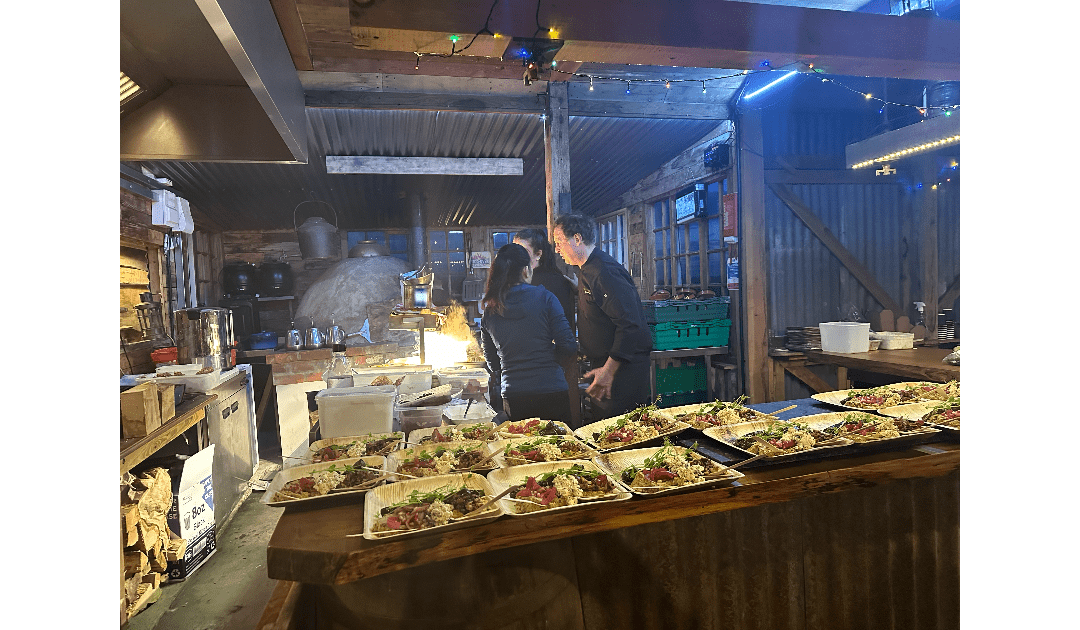Last night we celebrated Nowruz, which is the Persian New Year. Neither I nor Claire have any Persian connections, but we did attend an Indian street food cookery course with Vaughn’s Kitchen and Cookery School and they run pop-up evenings in a barn near us. The theme last night was the Persian New Year. The food was fabulous as was the Persian music, played on an Elizabethan lute of all things. It felt a little strange to be celebrating new year in late March, but why not? The promise of spring, renewal, and new life is a cause for celebration. It’s also a time to reflect on the last year.
Roughly this time last year I posted about writing blunders. They are, I’m afraid, inevitable. I have just read the most magnificent book by James Holland called The Savage Storm: The Battle for Italy 1943. My father fought in that campaign. I did find a number of typos, which just demonstrates that even a Sunday Times best seller can’t avoid a few.
Last year brought the creation of Milktown Writers. I think it’s really helpful to be part of a writing circle. If nothing else the monthly writing prompts and exercises challenge me to write something other than a Sir Anthony Standen Adventure. What last year didn’t bring was the fifth book in the series. It’s been sixteen months since Called to Account hit the shelves. I am however 40,722 words into The Favourite Murder. I have a scheme for the chapters, and I probably have another hundred thousand words to go. It’s looking like a big book.
One thing a good book needs is a number of strands which are all pulled together and resolved at the end. A name that our host mentioned several times at last night’s Persian New Year feast was King Darius. King Darius I was the Persian king at the time of the Battle of Marathon. Marathon was the writing prompt at the inaugural meeting of Milktown Writers. I wrote a poem about the Battle of Marathon in which Darius gets a mention. The Battle of Marathon was a bloody affair, but not as bloody as the Battle for Italy, where the death rate was higher than at the Western Front in the First World War. There, I think I’ve pulled the strands together.

